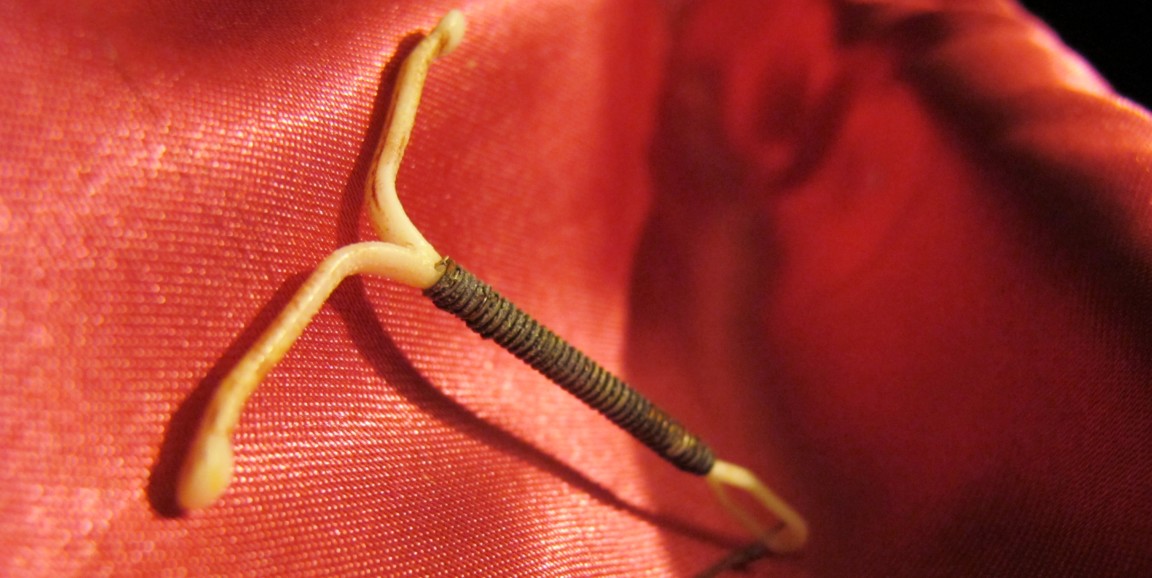The reproductive needs of women with disabilities are complex and require thoughtful care, Stanford gynecologist Paula Hillard, MD, writes in an editorial that appears in Obstetrics & Gynecology.
"My hope really is to bring the complexity of issues to physicians and to increase the awareness that we need to balance several interests and ensure reproductive justice for this vulnerable population," she told me.
Hillard specializes in adolescent and pediatric gynecology, but she also sees teens and older women who have developmental delays and intellectual disabilities. Frequently, she said, she is approached by families who have concerns about managing their daughters' periods and who may want their daughter to undergo a hysterectomy, a surgical removal of the uterus.
Their requests may be motivated by the fear the woman or girl may become pregnant or just that they are struggling with hygiene or symptoms related to menstruation, Hillard explained, adding that women with disabilities face an elevated risk of sexual assault or could participate in sexual activity leading to an unwanted pregnancy.
"My conversations with an individual about her reproductive choices require time, patience and care not to overly simplify her options nor to make assumptions, and care not to be judgmental or maternalistic," Hillard writes in the piece.
Depending on their abilities, girls and women themselves often can be involved in deciding what, if any steps to take, Hillard said. A standard that is increasingly being recognized is that of "supported decision-making," which begins with the assumption that most people with disabilities with appropriate support can work with people they trust to make important decisions, such as those governing their reproductive future, she explained.
Other individuals, a small minority, may have such severe disabilities that someone else needs to make a decision on their behalf, the concept of "substituted decision-making," Hillard said. State laws, which vary considerably nationwide, govern whether these women can be sterilized. The issue is thorny: If the laws make it too hard to sterilize a severely disabled woman, they may deprive a woman of her right not to reproduce, Hillard pointed out.
And oftentimes, a less invasive strategy such as a long-acting reversible contraceptive like a hormonal IUD can achieve both the objective of preventing unwanted pregnancy and reducing problems associated with monthly periods, Hillard said. She has also developed a related factsheet about managing menstruation for adolescents and the families of those with disabilities.
Hillard's editorial is being published in conjunction with two papers related to reproductive rights of those with disabilities. One study led by Justine Wu, MD, of the University of Michigan, found that in Massachusetts, women with disabilities were less likely than women without disabilities to receive contraception such as birth control pills, IUDs or implants.
The other study compared female sterilization rates between women with no disabilities, women with cognitive disabilities and those with physical or other disabilities. The researchers, led by Henan Li, PhD, from the Human Services Research Institute, found that women with disabilities of any type were much more likely than women without a disability to undergo sterilization or hysterectomy and those procedures were more likely to happen at a younger age.
"The issue of appropriate contraception and menstrual management is really a practical issue for families of kids with disabilities," Hillard said. With the advancement of IUDs and other forms of contraception, it's often possible to resolve menstrual challenges and prevent undesired pregnancies without permanent sterilization, she emphasized. "It's really rewarding to be able to offer them something that can make a difference in their lives and the lives of their families."
Photo by Jairus Khan




